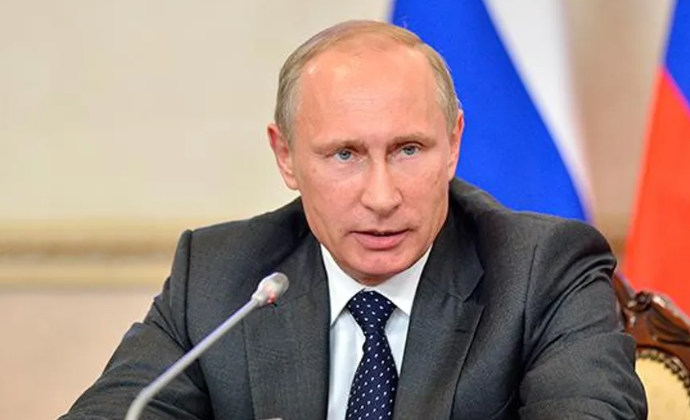$GAZP $UNG $RSX
#Russia #Slovakia #NaturalGas #RobertFico #Gazprom #EnergyCrisis #UkraineConflict #Putin #EuropeanUnion #EnergyMarkets #SupplyChain #Geopolitics
Vladimir Putin has assured Slovakia that Gazprom, Russia’s state-controlled energy giant, will ensure an uninterrupted supply of natural gas by securing alternative transit routes. The promise, reportedly made to Slovak Prime Minister Robert Fico, comes amid the expiration of the crucial transit agreement that had facilitated Russian gas shipment to Europe via Ukraine. Fico, known for his skepticism towards certain EU positions, personally met with Putin in Moscow to discuss the issue prior to the transit deal’s expiration on December 31. This development underscores the geopolitical and economic challenges tied to Europe’s energy dependency on Russia while highlighting Moscow’s efforts to maintain critical relationships within Europe despite deteriorating ties over the Ukraine invasion.
Slovakia is heavily reliant on Russian natural gas, importing nearly 85% of its energy supply from Russia, with much of it previously routed through Ukraine under the now-lapsed transit agreement. The inability to secure a continuation of the Ukraine transit corridor has raised concerns about Slovakia’s energy security despite broader EU diversification efforts. However, the pledge from Putin signals that Gazprom could find new routes via alternative pipelines, such as those in operation through Turkey or the underutilized Nord Stream infrastructure, bypassing Ukraine. This assurance reflects Russia’s strategic bid to strengthen bilateral relationships with EU dissenters like Slovakia while circumventing ongoing sanctions. European gas markets reacted with moderate volatility following the transit deal’s expiration, with prices stabilizing slightly as markets digested both Slovakia’s dependence and Moscow’s promises to avert disruptions.
For Gazprom ($GAZP), this development may support near-term revenues amid an increasingly fractious relationship with the West. Investors, however, will keep a close eye on how restructured supply chains and alternative routes could impact the energy giant’s operating margins. European gas importers like those tied to ETFs such as $UNG or Russian-focused indexes like $RSX may show sensitivity to these geopolitical maneuvers. Additionally, the halt in Ukraine transit could further marginalize Kyiv financially, as the fees for transit services previously represented a significant source of revenue for Ukraine. This turn of events may exacerbate tensions in an already precarious region that holds influence over broader energy market stability.
From a broader perspective, this move highlights the fragility of Europe’s energy dynamics. While strides have been made in diversifying gas suppliers, particularly pivoting to LNG from the U.S. and Qatar, the continent still faces a challenging winter as cumulative stocks fall during peak consumption months. Slovakia’s defiance of broader EU policy sets a precedent for internal division, as member nations balance energy security with geopolitical solidarity. Market participants may interpret Slovakia’s deal as a signal that Russian gas, despite its politicization, remains a central pillar of Europe’s energy landscape. Consequently, this could prompt a recalibration of energy equities and commodities indexes in the weeks ahead.






Comments are closed.